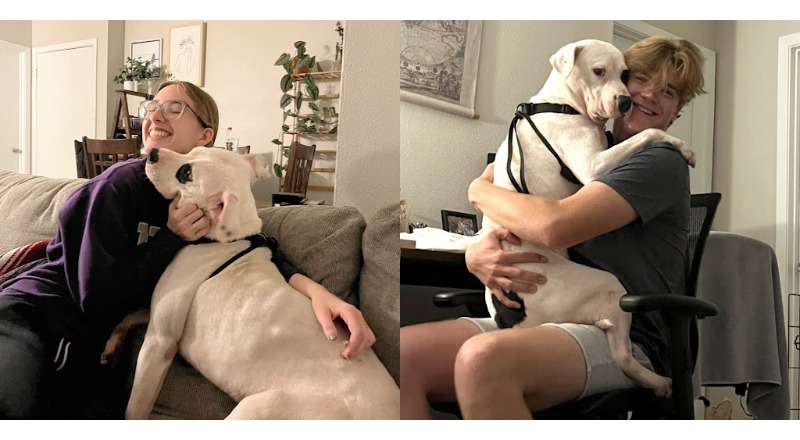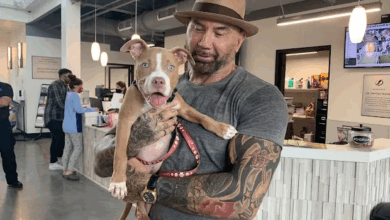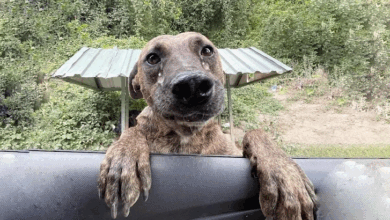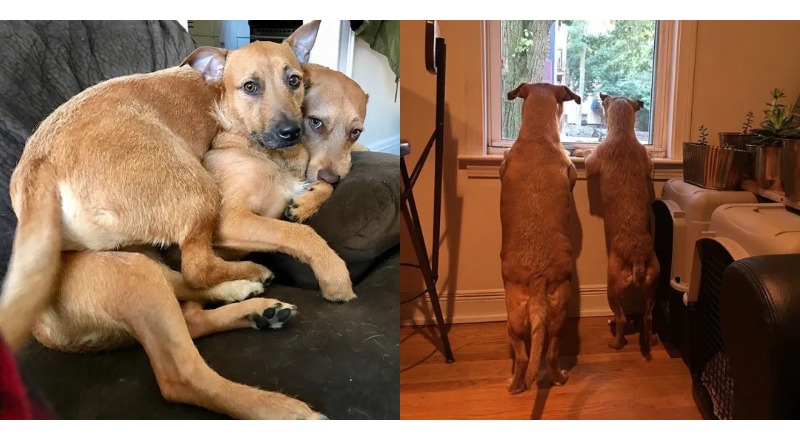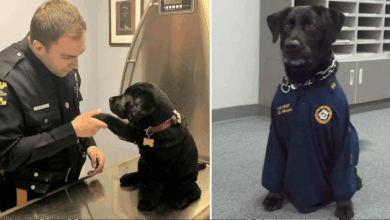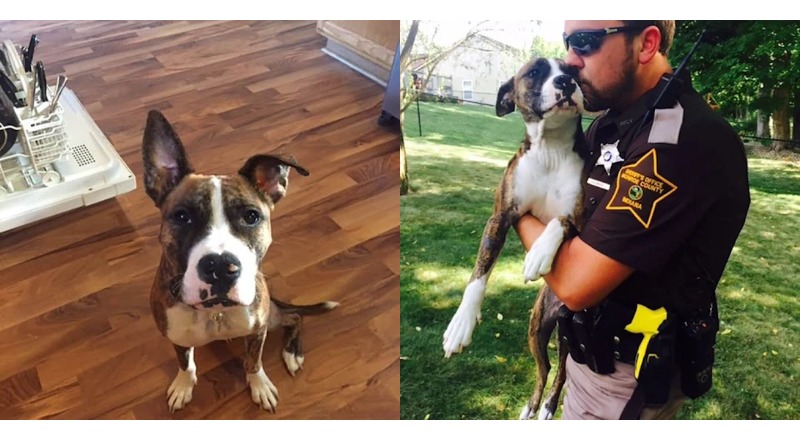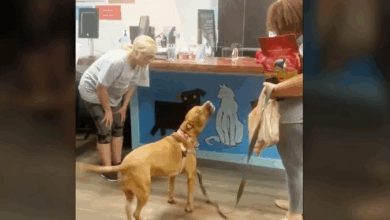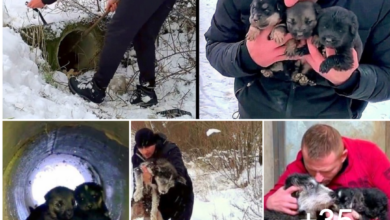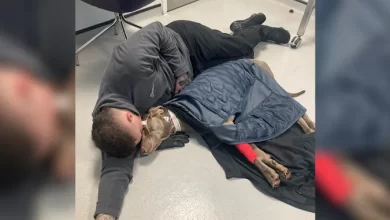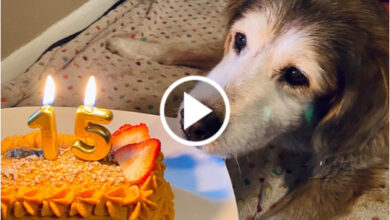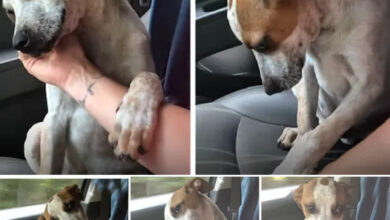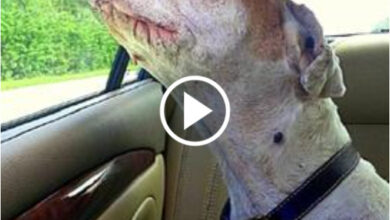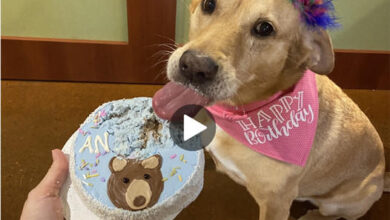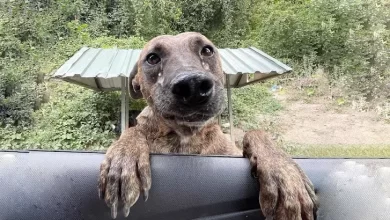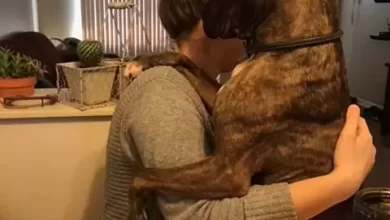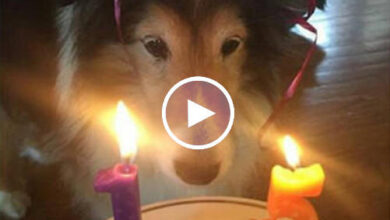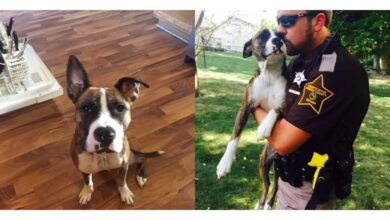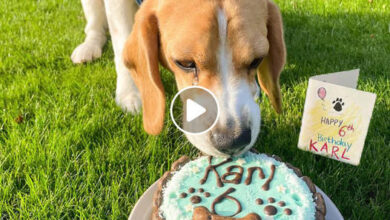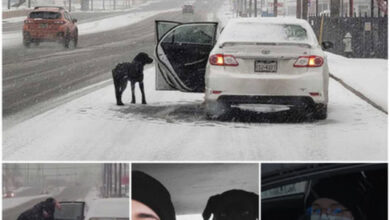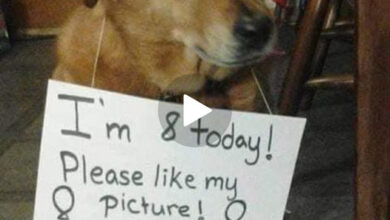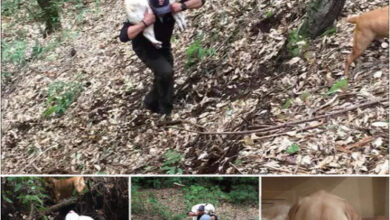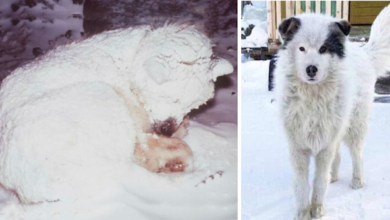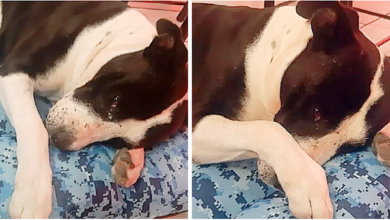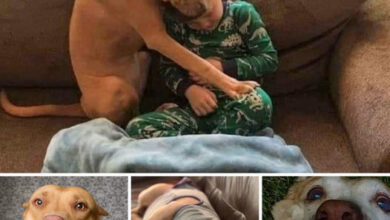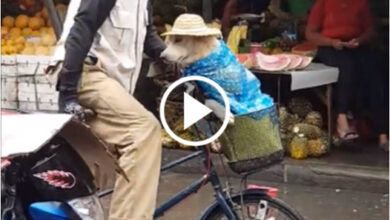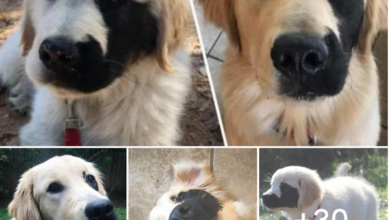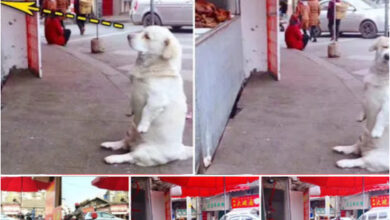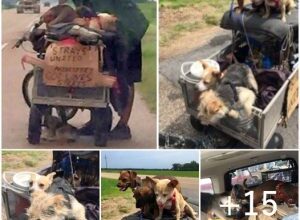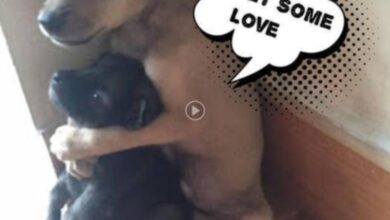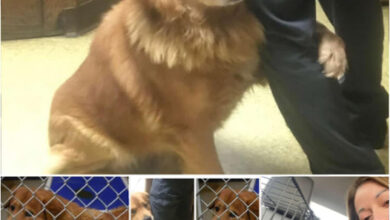
Do you have a furry friend who trembles and hides under the bed whenever fireworks go off? If so, you’re not alone. Many dogs experience fear and anxiety when they hear loud noises like fireworks. But why is this? Why are dogs scared of fireworks?
One reason is that dogs have incredibly sensitive hearing. Their ears can pick up sounds at frequencies much higher than what humans can hear, which means loud noises like fireworks can be particularly overwhelming for them.
Additionally, the unpredictable nature of fireworks – sudden loud bangs and bursts of light – can be confusing and frightening for dogs who don’t understand what’s happening.
In this article, we’ll dive deeper into some of the reasons why dogs are scared of fireworks and explore some strategies to help your furry friend cope during fireworks displays.
Dogs’ Sensitive Hearing
You may not realize it, but your furry friend’s sensitive hearing is the reason why they cower in fear when fireworks go off. Canine ear anatomy plays an important role in understanding this phenomenon.
Dogs have a much more advanced auditory system than humans, with the ability to pick up sounds four times farther away than we can. They also possess 18 muscles in their ears that allow them to rotate and pinpoint the source of sound.
Loud sound effects on dogs are amplified due to their exceptional sense of hearing, making fireworks particularly distressing for our canine companions. The average decibel level of fireworks is around 150 dB, which is enough to cause permanent damage to human ears if heard at close range. In comparison, dogs can hear sounds up to 65 dB lower than the human threshold for pain.
The unpredictable nature of fireworks only exacerbates this issue. A dog cannot understand what is happening or predict when another loud noise will occur, leading them to become increasingly anxious and fearful over time. This fear response can manifest as shaking, panting, hiding or destructive behavior such as chewing or clawing furniture.
Unpredictable Nature of Fireworks
When it comes to fireworks, you may be wondering why your furry friend seems so scared. Well, one of the reasons is due to their unpredictable nature. The sudden explosions and bright flashes of light can startle even the bravest of dogs.
Additionally, the disorienting effects caused by fireworks can further contribute to their anxiety and fear.
Sudden Explosions
Although you may think it’s hilarious to set off fireworks, your furry friend certainly won’t find the sudden explosions amusing. Dogs have a heightened sense of hearing, and the loud noise that comes with fireworks can be extremely overwhelming for them. The unpredictable nature of fireworks only adds to their fear and anxiety, making them feel unsafe and vulnerable.
It’s important to remember that firework safety isn’t just about preventing physical harm. Noise pollution is a real concern for dogs, especially during holidays like Independence Day or New Year’s Eve when fireworks are commonly used. Sudden explosions can cause dogs to panic and attempt to flee, which can lead to injuries or even fatalities.
This is why it’s crucial to keep your dog indoors during fireworks displays and provide them with a safe space where they can feel secure. With this in mind, let’s now explore how the bright flashes of light from fireworks contribute to their fear.
Bright Flashes of Light
Get ready to experience the dazzling and colorful display of fireworks, but have you ever wondered how those bright flashes of light impact your furry friend’s emotions?
Dogs, like humans, can experience photophobia or light sensitivity. However, their eyes are more sensitive to certain kinds of lights than ours. Fireworks emit intense lights that can trigger anxiety in dogs.
In addition to anxiety, fireworks can also pose a risk to dogs with epilepsy. The sudden bursts of bright flashes of light can induce seizures in epileptic dogs. To prevent this from happening, it’s important to take precautions such as keeping your dog indoors during fireworks displays or consulting with a veterinarian for anti-anxiety medication.
With the disorienting effects discussed in the next section, it’s crucial to understand how fireworks affect our beloved pets and take necessary actions to ensure their safety and comfort during these festivities.
Disorienting Effects
It’s no exaggeration that the disorienting effects of fireworks can leave our furry companions feeling completely overwhelmed and confused. Dogs have a heightened sense of hearing, and their ears are more sensitive to loud sounds than humans. The sound waves from fireworks create an intense sensory overload for dogs, making them feel like their world is falling apart.
This disorientation can lead to a range of fear responses such as shaking, hiding, panting, pacing, or even trying to escape. In addition to the noise factor, the bright flashes of light from fireworks can also contribute to this confusion. Dogs rely heavily on their visual senses, and when they see sudden bursts of bright light accompanied by loud noises, it can be very disorienting.
It’s important for pet owners to understand these disorienting effects so they can take steps to help their dogs cope with the stress caused by fireworks displays during celebrations like Independence Day or New Year’s Eve.
Fear Responses in Dogs
You may notice that your furry friend’s fear responses in dogs are triggered by loud noises, such as fireworks. This is because of their acute hearing ability, which is four times more sensitive than humans. As a result, the sound of fireworks can be painful and disorienting for them.
To better understand how dogs react to loud noises like fireworks, it’s important to consider their evolutionary traits. Dogs have an instinctual response to perceived threats which includes fight or flight mechanisms. In the case of fireworks, they may feel threatened and become anxious or exhibit phobic behaviors such as trembling, excessive panting, pacing, hiding or even destructive behavior.
As pet owners, it’s essential to recognize these signs of fear and anxiety in our pets during firework displays. Understanding canine phobias and anxiety triggers can help us take necessary steps to keep our pets calm and safe during stressful events.
Next up, we’ll delve into previous negative experiences and how they contribute to a dog’s fear of fireworks.
Previous Negative Experiences
If your dog’s had negative experiences with fireworks in the past, it can lead to fear conditioning and trauma. This means they’ll associate the sound of fireworks with danger and react fearfully even if there’s no real threat present.
It’s important to avoid reinforcing this fear by comforting or coddling your dog during fireworks displays, as it can signal to them that their fearful behavior is justified. Instead, focus on building positive associations by providing treats and engaging in activities your dog enjoys during firework displays. Gradually desensitize them to the loud noises over time.
Trauma and Fear Conditioning
Understanding how trauma and fear conditioning affect dogs can help you empathize with their fear of fireworks. Dogs who’ve had negative experiences with loud noises, such as thunderstorms or gunshots, may develop a phobia towards them. Similarly, if a dog has experienced a traumatic event during a firework display, they may become fearful every time they hear similar sounds.
Overcoming trauma in dogs typically involves behavioral modification techniques such as counter-conditioning and desensitization. Counter-conditioning involves pairing the scary stimulus (in this case, fireworks) with something positive that the dog enjoys, like treats or playtime. Desensitization involves gradually exposing the dog to the stimulus at low levels while keeping them calm and relaxed through various calming techniques. However, it’s important to note that these techniques take time and patience to be effective in reducing a dog’s fear of fireworks.
Despite efforts towards overcoming trauma and fear conditioning in dogs, reinforcing fear with owner’s response can undo progress made in helping their pet overcome their fears. Owners should remain calm and reassuring during firework displays rather than coddling or punishing their pets for exhibiting fearful behavior. This will create an environment where the dog feels safe rather than judged for being scared.
Reinforcing Fear with Owner’s Response
Reinforcing fear with an owner’s response can be detrimental to a pet’s progress in overcoming their phobia. When a dog exhibits fear during fireworks, it’s common for owners to comfort them with physical touch or verbal reassurance. However, this type of reinforcement may actually reinforce the dog’s fearful behavior by inadvertently rewarding it.
Dogs are very attuned to their owner’s emotions and behavior, so if they perceive that their owner is anxious or worried during fireworks, they may become even more distressed themselves. Instead of reinforcing fear, positive reinforcement can be used to help dogs overcome their fear of fireworks.
Desensitization techniques involve gradually exposing the dog to the sound of fireworks at a low volume and increasing the intensity over time as they become more comfortable. This process should always be done under the guidance of a professional trainer or veterinarian and can take several weeks or months depending on the severity of the dog’s phobia.
By using positive reinforcement and desensitization techniques, dogs can learn to associate fireworks with positive experiences rather than negative ones. This approach leads into the subsequent section about building positive associations without needing a transitional sentence between paragraphs.
Building Positive Associations
You can help your furry friend overcome their fear of loud noises by building positive associations with them. Positive reinforcement and counter conditioning are two effective ways to do this.
Positive reinforcement involves rewarding your dog for calm behavior during fireworks, while counter conditioning involves exposing your pet to the sound of fireworks in a controlled environment while they engage in an enjoyable activity.
For example, you can start by playing a recording of fireworks at a low volume while giving your dog treats or engaging them in playtime. Gradually increase the volume over time as they become more comfortable with the sounds. By pairing something positive with the sound of fireworks, you’re helping to create new neural pathways in their brain that associate loud noises with good things.
As you work on building these positive associations, it’s important to keep in mind that breed and personality factors can also play a role in how your dog responds to loud noises. Some breeds may be more sensitive than others, and some dogs may simply have a more anxious disposition.
In the next section, we’ll explore these factors further and discuss additional strategies for helping your furry friend cope with fireworks and other loud noises.
Breed and Personality Factors
If you’re wondering why some dogs are more prone to anxiety during fireworks displays than others, it’s helpful to consider breed and personality factors.
Certain breeds, such as the Greyhound or Border Collie, may be more susceptible due to their nervous disposition.
Additionally, individual personality traits can play a role in how a dog responds to loud noises.
Age and health factors can also contribute, as older dogs or those with preexisting medical conditions may have a harder time coping with the stress of fireworks.
Understanding these factors can help owners better prepare and support their furry friends during times of stress.
Breeds Prone to Anxiety
Some breeds, like Chihuahuas and Greyhounds, are more prone to anxiety than others. These dogs may cower in fear during fireworks displays due to their innate phobias.
It’s important to understand that these reactions aren’t a result of poor training or lack of socialization. Breeds with phobias can be helped through training techniques such as desensitization and counter-conditioning.
However, it’s important to note that each dog is an individual and may require different approaches. As you move into considering individual personality traits, keep in mind that certain breeds may have predispositions towards anxiety, but it ultimately comes down to the unique experiences and temperament of each dog.
Individual Personality Traits
Now that we’ve discussed breeds prone to anxiety, let’s talk about how individual personality traits can also play a role in why dogs are scared of fireworks. Just like humans, each dog has their own unique personality that can influence how they react to different situations. Some dogs may be more naturally timid or nervous, while others may be more outgoing and confident.
Environmental factors can also contribute to a dog’s fear of fireworks. For example, if a dog has had a traumatic experience with loud noises in the past, they may be more likely to develop a fear of fireworks. Additionally, if a dog is not exposed to loud noises during their formative years, they may be less likely to develop a fear of fireworks later on in life.
By understanding these personality differences and environmental factors, you can better help your furry friend cope with their fear of fireworks.
As important as it is to understand the impact of personality traits and environmental factors on your pet’s behavior towards fireworks, there are other age and health factors that come into play when trying to help your furry friend through this difficult time.
Age and Health Factors
Age and health can greatly affect how well pets cope with loud noises like fireworks. Older dogs are more susceptible to noise-induced anxiety as their senses may not be as sharp as they once were, making them more sensitive to loud sounds. Dogs that suffer from health conditions such as arthritis or vision loss may already feel anxious or uncomfortable in certain situations, which can exacerbate their fear of fireworks.
Up to 50% of dogs suffer from noise phobia at some point in their lives, but there are ways you can help your furry friend cope. Effects of medication and behavioral therapy have been shown to reduce noise phobia symptoms in dogs. But before giving your dog any medication, it’s important to consult with a veterinarian first.
In the next section, we will explore coping strategies for dogs that are afraid of fireworks.
Coping Strategies for Dogs
You can help your dog cope with fireworks by creating a safe and comfortable space for them to retreat to. This could be in the form of a designated room in your home, or even just a cozy corner with their favorite blanket and toys. It’s important to ensure that this space is soundproofed as much as possible, so that your dog feels secure and protected from the loud noises outside.
In addition to providing a safe space, there are also training techniques and soothing techniques that can help your dog feel more relaxed during fireworks displays. One such technique is desensitization training, which involves gradually exposing your dog to the sound of fireworks over time, starting with low levels and gradually increasing the volume. Another technique is counterconditioning, which involves pairing the sound of fireworks with positive experiences such as treats or playtime.
Overall, it’s important to remember that every dog is unique and may respond differently to different coping strategies. Be patient with your furry friend and try out different techniques until you find what works best for them.
In the next section, we’ll provide some additional tips for owners on how they can support their dogs during firework season without causing undue stress or anxiety.
Tips for Owners
When it comes to helping your dog cope with fireworks, there are a few key tips to keep in mind.
First, it’s important to prepare for any upcoming events by creating a safe and calm environment for your pup. This might mean providing them with a cozy den or crate, playing calming music or white noise, and ensuring they have plenty of water and comfortable bedding.
Additionally, monitoring your dog’s behavior during fireworks shows can help you identify signs of anxiety or fear so that you can manage their reactions effectively.
Finally, if you find that your dog is struggling to cope despite your best efforts, seeking professional help from a veterinarian or animal behaviorist can be an effective solution.
Preparing for Fireworks Events
Ironically, even though your furry friend loves playing fetch and chasing squirrels, they’ll probably want to hide under the bed during the fireworks show. Firework anxiety is a common issue among dogs that can lead to distressing behaviors such as shaking, panting, barking excessively or trying to escape. However, with proper preparation and care from their owners, they can have a stress-free experience.
To prepare for a stress-free event with your dog during fireworks displays: – Create a safe space for them in a quiet room where they feel comfortable. – Provide plenty of food and water so they don’t become dehydrated or hungry. – Play calming music or white noise to distract them from the loud sounds outside.
By taking these steps before the fireworks display begins, you can help reduce your dog’s fear and prevent any unwanted behavior.
Remember that every dog is different and may need special attention when dealing with their anxiety. In the next section, we’ll discuss how monitoring and managing behavior can further assist in creating an enjoyable experience for both you and your furry friend.
Monitoring and Managing Behavior
Managing your furry friend’s behavior during a fireworks display can be the key to ensuring a stress-free and enjoyable experience for both you and your pet. One effective way to manage their behavior is through behavior modification techniques.
This involves teaching your dog new behaviors that will help them cope with the loud noises and bright lights of fireworks. One common technique is desensitization, which involves gradually exposing your dog to recorded firework sounds at a low volume, then slowly increasing the volume over time.
Another technique is counterconditioning, which involves pairing the sound of fireworks with something positive, like treats or playtime. By consistently using these training techniques, you can help your dog feel more comfortable during fireworks displays and reduce their fear response.
However, if your dog’s fear of fireworks is severe or persists despite training efforts, it may be time to seek professional help when needed.
Seeking Professional Help When Needed
Sometimes, even with our best efforts, our furry friends may need professional help to overcome their fear and anxiety towards fireworks. It’s important to recognize the severity of their distress and seek guidance from a veterinarian or animal behaviorist.
These professionals can assess the situation and create a personalized plan for your dog’s specific needs. Interventions could range from medication to behavioral modification techniques, such as desensitization and counterconditioning.
Seeking professional guidance not only helps manage your dog’s current fear but also prevents it from getting worse in the long run. Remember that every dog is different, and there’s no one-size-fits-all approach when it comes to anxiety management.
Therefore, don’t hesitate to reach out for help if you notice that your furry friend needs additional support during firework season or any other stressful event they may encounter throughout their lives.
Conclusion
In conclusion, it’s important to understand that dogs are scared of fireworks due to a combination of factors. Their sensitive hearing makes the loud noises unbearable, and the unpredictable nature of fireworks can cause fear responses in even the bravest of pups. Additionally, previous negative experiences, breed, and personality all play a role in how a dog reacts to fireworks.
As responsible pet owners, it’s our duty to help our furry friends cope with their fear. There are several strategies you can use, such as providing a safe space for your dog during fireworks displays or using calming aids like pheromone sprays or music therapy. Remember that every dog is different, and what works for one may not work for another.
In short, we must be understanding and supportive when it comes to our dogs’ reactions towards fireworks. By taking necessary precautions and utilizing coping strategies, we can ensure that our furry friends feel safe during this stressful time.
As the saying goes – “a dog is man’s best friend”- let’s do everything in our power to keep them happy and healthy!
Read more:
